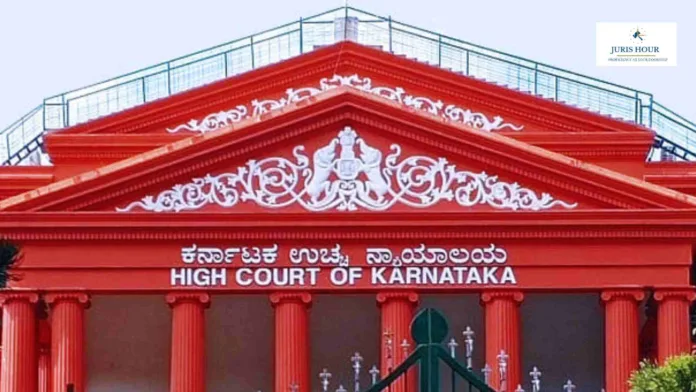The Karnataka High Court has held that solatium received on account of acquisition of immovable property, is not leviable to GST.
The bench of Justice S.R.Krishna Kumar has observed that the package compensation offered by the BMRCL in substance, cannot be treated as solatium as it is a package towards acquisition of immovable property. Bsed on the documents and agreements, it is clear that the solatium component was not for agreeing to an obligation to tolerate acquisition, rather the compensation was for transferring rights in the land and building, which does not form part of the scope of supply and is squarely excluded from levy of GST under Entry 5 of the Schedule – III of the CGST / KGST Act.
The issue raised was in respect of the Immovable properties owned by the Petitioner were acquired for the purpose of construction of Bangalore Metro Rail Project. In pursuance of the same, the BMRCL offered package compensation to the petitioners, who accepted the same and entered into agreements and received compensation towards acquisition of the lands.
The respondent department issued show cause notices calling upon the petitioners to pay GST towards the solatium component of the package compensation received by the petitioners.
The court held that GST cannot be levied on solatium received on the basis of Circular No.178/10/2022-GST dated 03.08.2022 and Circular No.214/1/2023 – Service Tax dated 28.02.2023, it was observed that Entry 5(e) of Schedule II is not attracted specially when compensation including solatium is paid for acquisition of land and there is no link of such compensation with any obligation to do an act or tolerate an act. Accordingly, it was held that the solatium was not amenable to GST.
Case Details
Case Title: Asha R & Ors vs Assistant Commissioner of Commercial Taxes
Case No.: WP 2552 OF 2024
Date: 10/09/2024
Counsel For Petitioner: Senior Advocate V Raghuraman assisted by CA Suvrata Maheshwari
Counsel For Respondent: Hema Kumar
Read More: Customs Broker Can’t Evade Liability—Agent’s Duty Ties Them to Client’s Export Fraud: CESTAT

